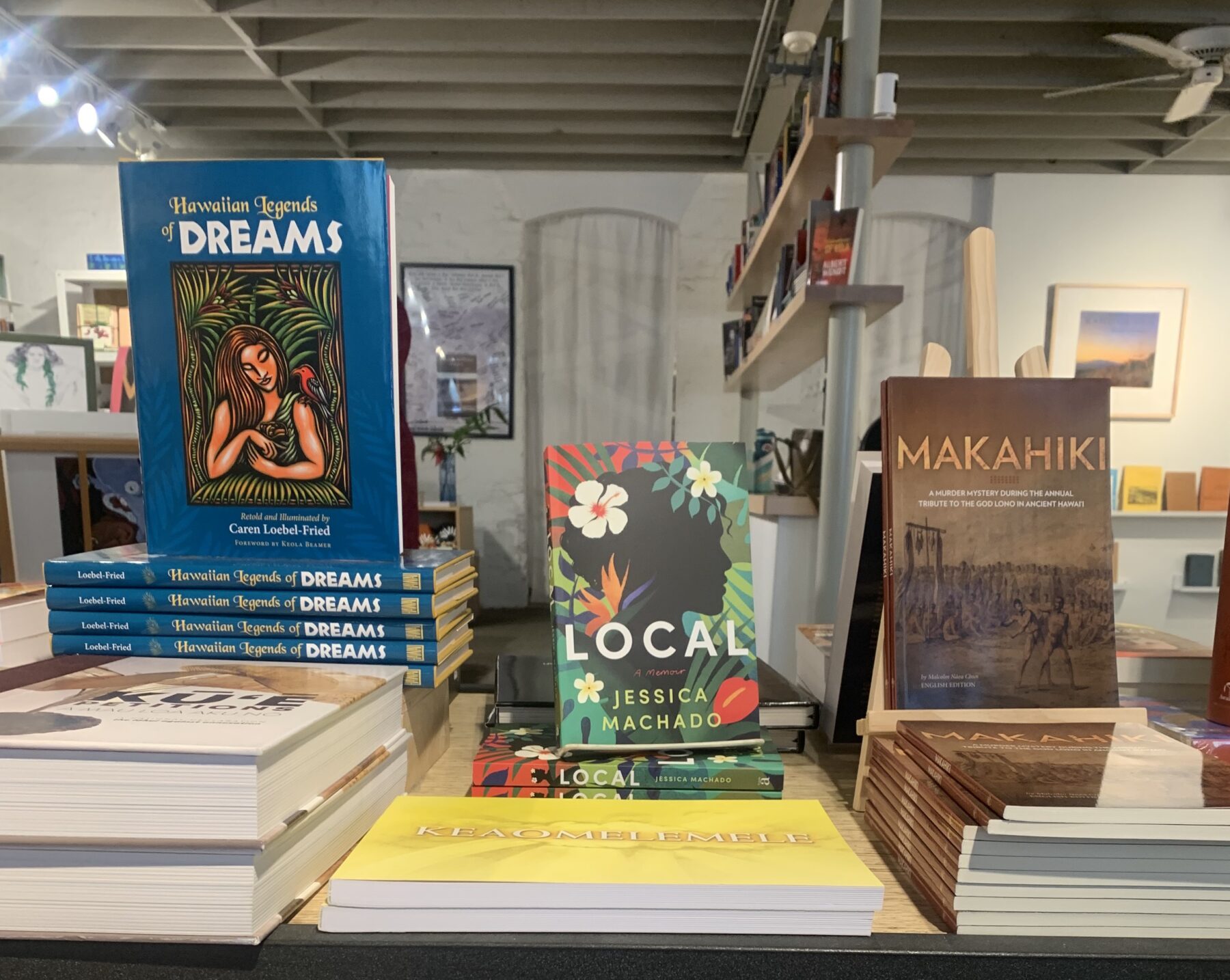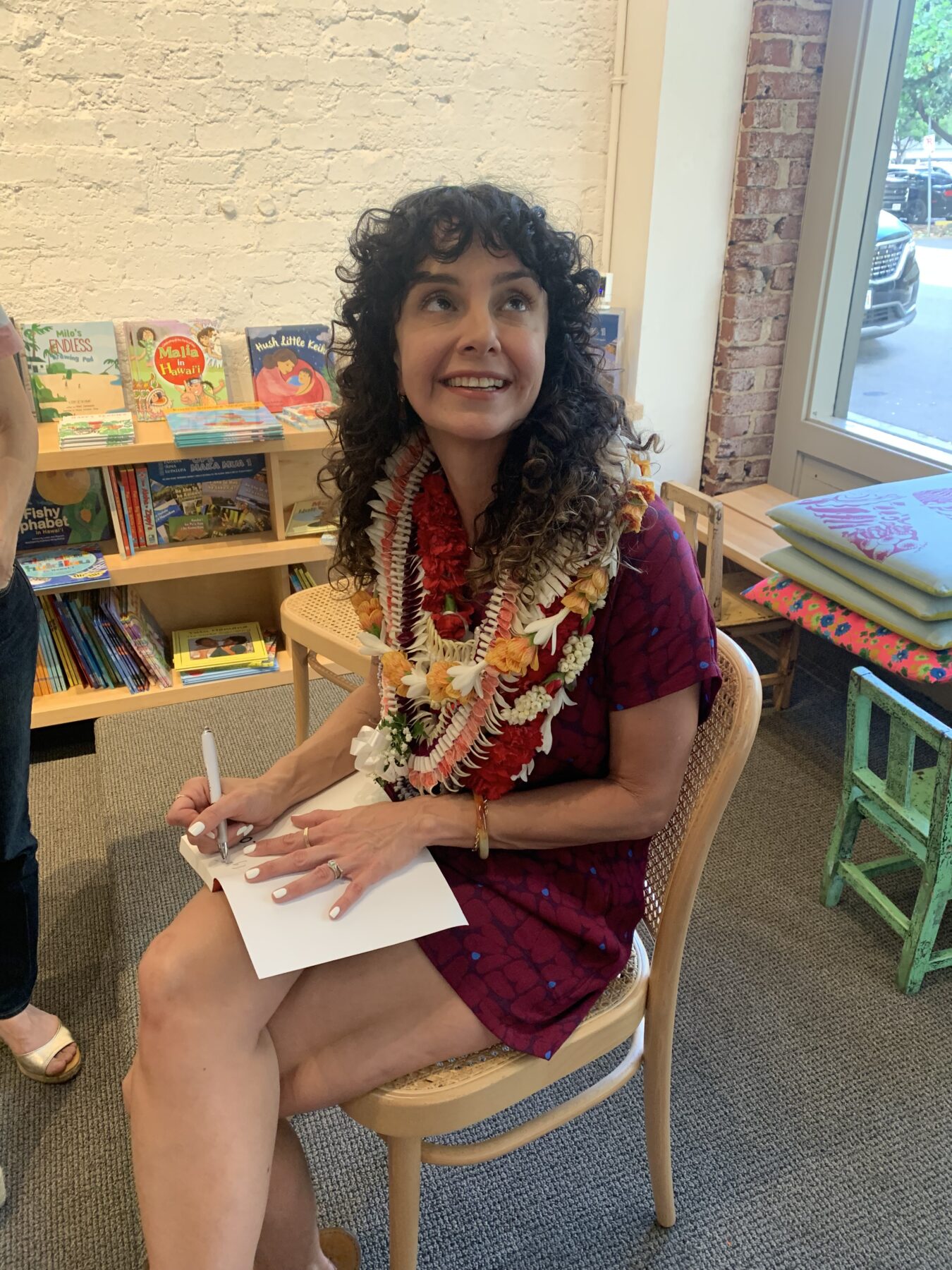
The first “book” I ever wrote was about Keanu Reeves. My fifth-grade project was mostly an excuse to cut out pictures from teen-dream magazines, but I also remember it being the first time I considered what made a book: an engaging cover, relevant facts, a passionate tone accentuated with exclamation points.
Fast-forward a few decades, and I have given book-writing a lot more consideration. What eventually became my memoir, titled “Local,” started off as my grad school thesis, which I had shelved for years until I figured out how I could turn it into something interesting and fresh to readers, and not just a project to challenge myself.
While I always believed I’d write a book one day, publishing one felt far off until it happened. Some of it was timing, but a lot of it was intentional work and patience. I had to navigate pitching agents, thickening my skin and making space for research, feedback and a jillion drafts that went nowhere. Here are some helpful tips to focus your time and score a book deal.
Land on an original, researched idea
If you just want to write a book for yourself, your catharsis or your future progeny, then no need to have a marketable angle — just write away! But if you want to get a book deal, then I suggest you have a solid, original hook. There are topics (grief) and then there are hooks that make people want to read more (i.e. how I grieved through exercise and broke my body).

For example, my memoir started off as a book about my poor attempts to escape loneliness. It’s not the most original concept, considering most people who write a memoir feel at odds with society or find ways to cope through tragedy. What gave it an “angle” was where that sense of loneliness came from: my disconnection to my Native Hawaiian roots and culture. What made it stand out to agents and publishers was I incorporated Hawaiian history to explain that disconnection and to describe a Hawaii that was much more complicated than the paradise seen on screen.
To come up with your hook, it’s important to research what is already on the market. If several books related to your idea exist, can you figure out a way to make yours stand apart? Why should someone read this story now? What makes your perspective or experience the best one to tell this story? In my case, there were many nonfiction books about Hawai‘i, but most were written from an outsider’s perspective, not by someone who grew up there. Your average American reader also probably doesn’t know much about Hawaiian history, and as a journalist, I have the skills to contextualize those histories against people’s everyday realities — something I pointed out in my query letters to agents.
Ultimately, you want to be able to summarize your idea in a sentence that would make people want to buy it. Think of the description you’d read on the back cover. In my book proposal, I went with: “A memoir interwoven with Hawaiian history where ‘The Descendants’ meets ‘Bright Lights, Big City,’ ‘Local’ is the story of my running away from Hawai’i to escape my dying mother and feelings of unbelonging — only for both to follow me to Los Angeles.” A less clunky, more encapsulating version ended up on the book jacket: “Interwoven with a rich and nuanced exploration of Hawaiian history and traditions, ‘Local’ is a personal and moving narrative about family, grief, and reconnecting to the land she tried to leave behind.”
Find an agent who works with similar authors or subjects
The thing most people want to know about the book business is how to find an agent. And the best advice I can give is to research who represents authors similar to your genre and vibe. If you’re a journalist who hopes to turn a story into something book-length, look for agents who have worked with journalists or ones who have gotten deals in your beat subject matter. For my book, I reached out to agents of voicey, mostly women authors who wrote narrative nonfiction about identity. The agent I scored was my top pick.
Each agency has a different submission process, so it is important to follow the instructions on their site. Some just want a quick query, which is essentially a one-page pitch letter, and one to five pages of your book; others want a whole proposal. It’s OK, encouraged even, to simultaneously submit to multiple agents. But it’s bad etiquette to submit to multiple agents within the same agency.
Don’t be discouraged if you send 10 queries and get 10 rejections — that’s perfectly normal. Create a list of your first round of agents, then write up another round and another while you wait. If nothing hits after several rounds, take a pause to rethink your hook or if you need to build up your portfolio. A decade ago, I sent out queries for my memoir without the Hawaiian hook, and no one bit. I lived some life, regrouped, had an a-ha! moment and tried again.
If you want to self-publish a book, an agent isn’t necessary. It’s more important to find an editor that specializes and has experience in your genre. An editor can give both developmental and line edits, both of which are crucial to producing a readable, engaging book. You also likely want to find a designer that understands with your theme and vision and a distributor like Ingram and Amazon that can help sell your book (reaching out to indie bookstores should be part of your distribution plan, too). For all of this, you will be paying out of pocket — including printing, if you want to sell physical copies — so figure out your budget and get estimates.
Find a workshopping group you trust
Writing a book is nothing like writing a long essay or an article. There are large arcs to map out, descriptive scenes to slow down and more “showing, not telling” to instill throughout. The best way to figure out if you are doing the work you intended — threading narratives, writing strong dialogue, building tension — is to have others whose work you admire and opinion you trust give you constructive criticism.
If you secured a book deal, your editor should be willing to give you feedback as you write — but, in all honesty, book editors aren’t always available or quick to respond. Plus, it’s good to get feedback from readers who also understand the writing process. If you don’t immediately have a group of writer friends to workshop with, reach out to others online who also recently landed a book deal and are in the same boat. Or ask (and perhaps pay) a trusted reader to give you feedback on the big picture stuff, such as: Is my overall argument or theme clear and woven throughout? Is there someplace where it drags? Do the characters feel real and nuanced?
Carve out time
For some, finding time is the easiest part of the book-writing process; for others, it can feel near impossible. When I got my book deal in May 2020, I was thrilled that it had actually, finally happened, but it was also at one of the most stressful points of my life — we were wading into the dark days of the pandemic, I was working 60 hours a week covering the news, and my preschooler was home and needed to be watched indefinitely. Spare time? I didn’t know her.

But I made it work because I had to. With the support of my husband, I holed up in my bedroom for three-hour chunks on weekends — a schedule I kept even when I’d rather watch Bravo. About once a month, I spent the night in a hotel to focus on cleaning up chapters (it helped that room prices had dropped significantly mid-Covid). As my deadline neared, I wrote a proposal for taking a month-long book leave from work. While not everyone has the privilege of taking a work pause, it may not hurt to ask.
If you have kids, lean on your community of friends and family for child care. Trade your nighttime vegetation routine for a few hours of writing; or if you’re like me and are more of a morning person, get up before the day’s tasks become burdensome and take advantage of the peace. Ask those around you for the time you need. You can’t do this alone.
Don’t be afraid to ask questions
The publishing industry is a mystery for most (hence this article), so don’t be ashamed to ask your editor or fellow writers. You should have an idea of how the editing process will go and how much marketing and promotion support your publisher will give your book. You should be able to ask to weigh in on cover design and jacket copy.
If you need a fact-checker or sensitivity reader, it’s also important to see if your publisher will pay for those. I was lucky that mine did, but many do not, leaving authors to pay out of pocket for things that could later embarrass them (at best) if they don’t.
No question is too silly. A good agent will hold your hand and advocate for you. A good editor will be communicative and clear about what’s expected of you. You just have to put in your best work — and likely ask those around you for space, time and encouragement to keep your butt in the chair.



